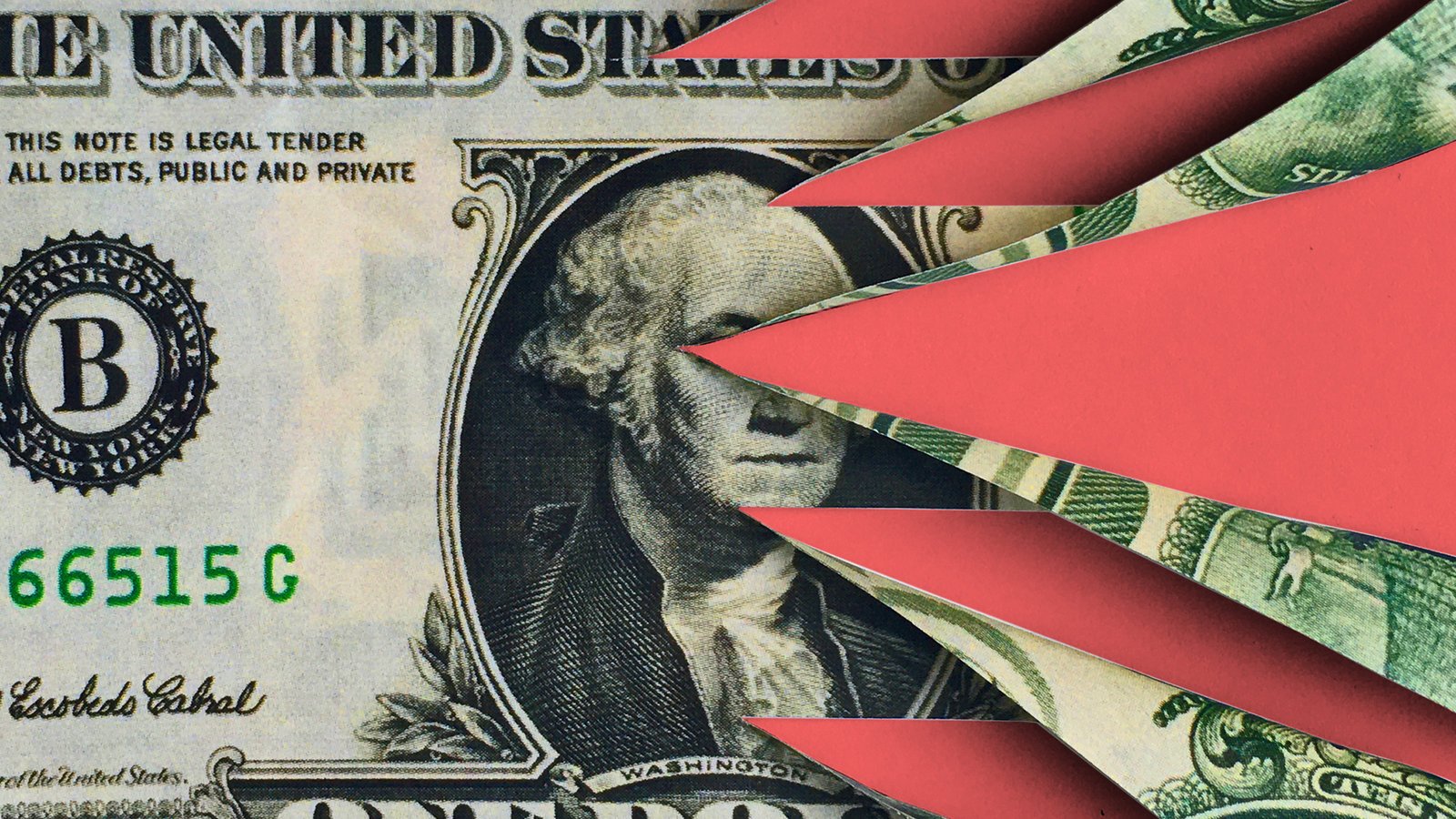Coming Crash?
By James Vaughn
Many have speculated that another market crash akin to the 2008 crash is upon us in 2023. Is this the case? What would a crash mean for home buyers and sellers?
First, what do we mean by a crash? While the term evokes doom and gloom, the reality is that it is just an occurrence within the market cycle. A “recession” is defined as two consecutive quarters of negative GDP growth- in other word, the overall economy consistently shrinks for 6 months. By this definition, in December 2022, we may already be in a “recession.” However, real wages have increased for the first time in decades, unemployment is low, and most homeowners still have plenty of equity in their home, even while prices are dropping and paving the way to make affording a home within reach again for first-time homebuyers. However, a “crash” is something deeper and wider-reaching than a recession, a situation where most facets of the economy suffer and lives are destroyed. This is what happened in 2008, and that crash was driven by home-price declines fueled by irresponsible lending practices.
So, is 2023 another 2008? While history may echo itself, it does not repeat, so likely not. While home prices are currently dropping across the county, they rose at a historic pace over the last few years and were due for a correction. While the housing market has certainly been hot just as it was in the years before 2008, lending has remained regulated and tight; the age of the “breath test loan” has not resurfaced. While home prices are currently dropping, stocks seem to be driving the broader market downturn this time around, as opposed to real estate. High inflation also represents a marked contrast from 2008, as does the tight supply of homes.
However, it is also important to note that this may only be the beginning of a crash, and while real estate may be in a stronger position now than in 2008, it is by no mean immune. The market should expect a strong uptick in short sale and foreclosure activity as CARES Act moratoriums on foreclosures work themselves out and falling home prices create negative equity for some struggling homeowners. Many homeowners over that past several years may have purchased more home than they can afford if an income stream is diminished. While most mortgages in the US are still fixed rate, other hidden expenses like repairs, HOA fees, and taxes and insurance can be expected to continue rising.
So how can homebuyers and sellers position for a potential crash? As a homebuyer, get less home than you think you can afford to buffer against potential loss of income. While this may be challenging in the current environment, it is possible that in a year values will be lower and present ample buying opportunities at better prices. Some home sellers may try to list their homes sooner rather than later due to FOMO from the hot market we have experienced. However, they may be better off waiting for the correction to complete itself while making improvements to their home in the meantime to boost its value over the long term, particularly if they were able to lock in a lower interest rate before they began to rise.
Whether you are a home buyer, seller, or simply considering your next move, The Sands & Associates team is always ready to help determine the best time to buy or sell and navigate a complex transaction.
